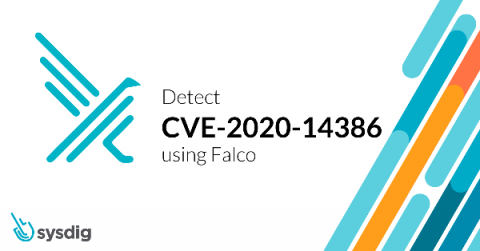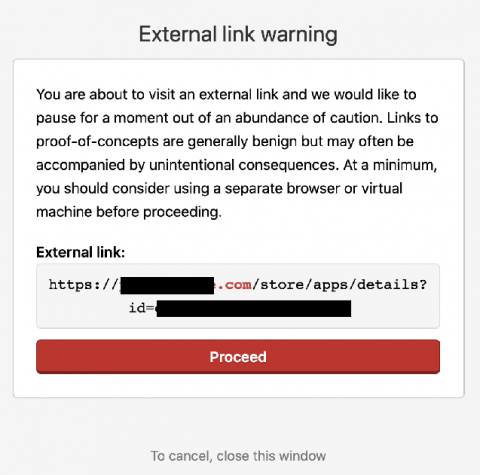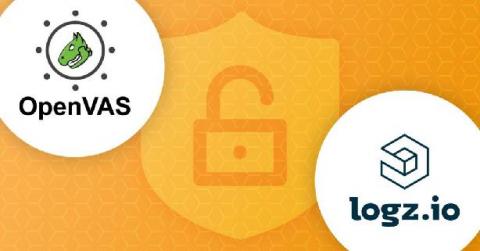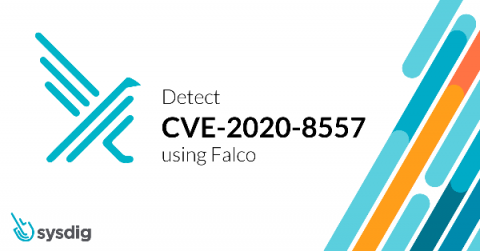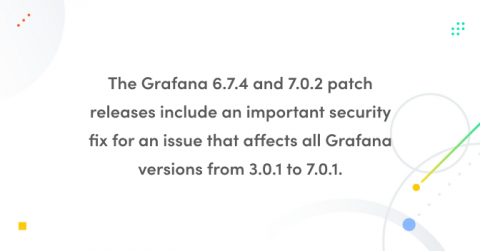Detecting CVE-2020-14386 with Falco and mitigating potential container escapes
On September 14, CVE-2020-14386 was reported as a “high” severity threat. This CVE is a kernel security vulnerability that enables an unprivileged local process to gain root access to the system. CVE-2020-14386 is a result of a bug found in the packet socket facility in the Linux kernel. It allows a bad actor to trigger a memory corruption that can be exploited to hijack data and resources and in the most severe case, completely take over the system.


